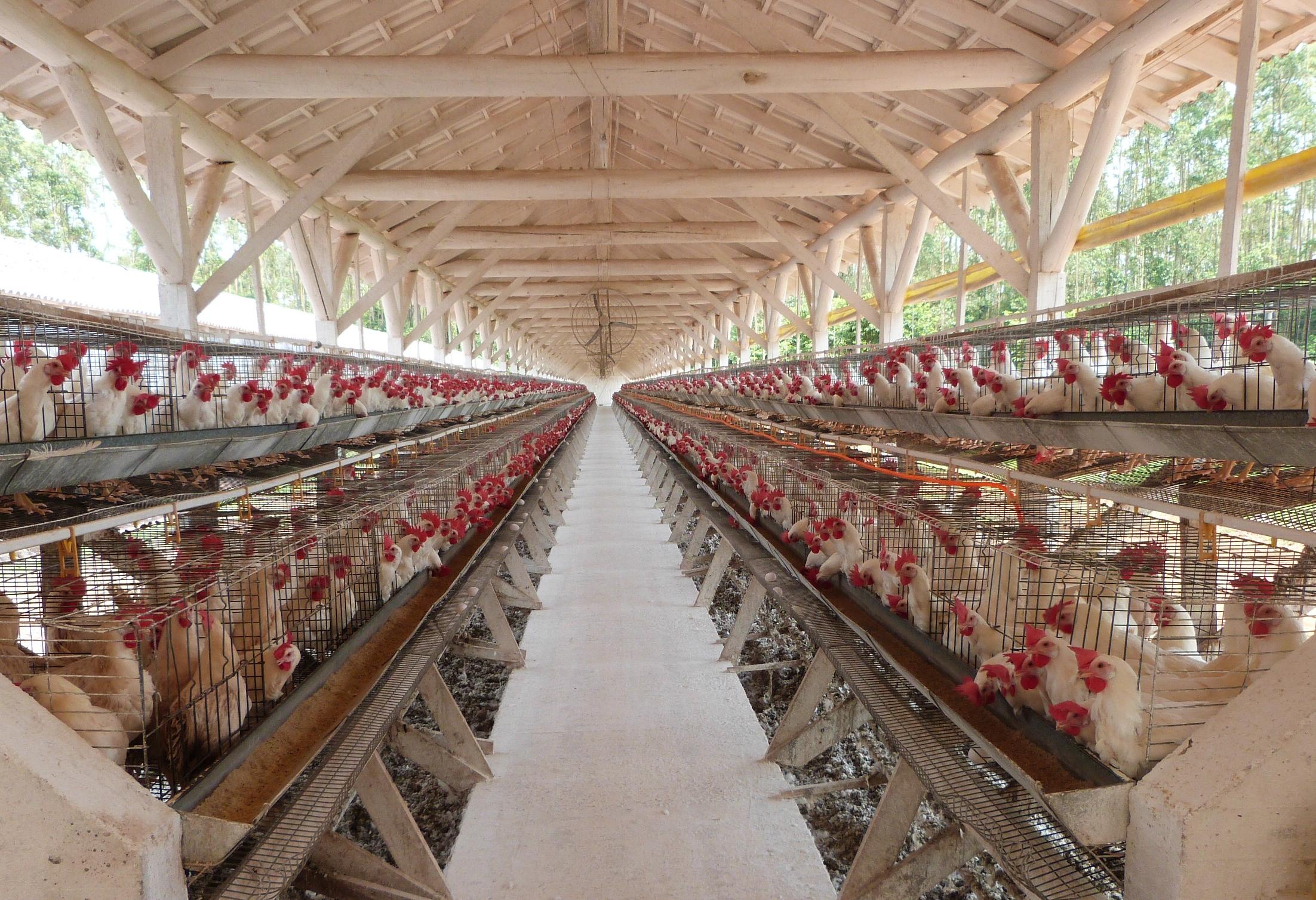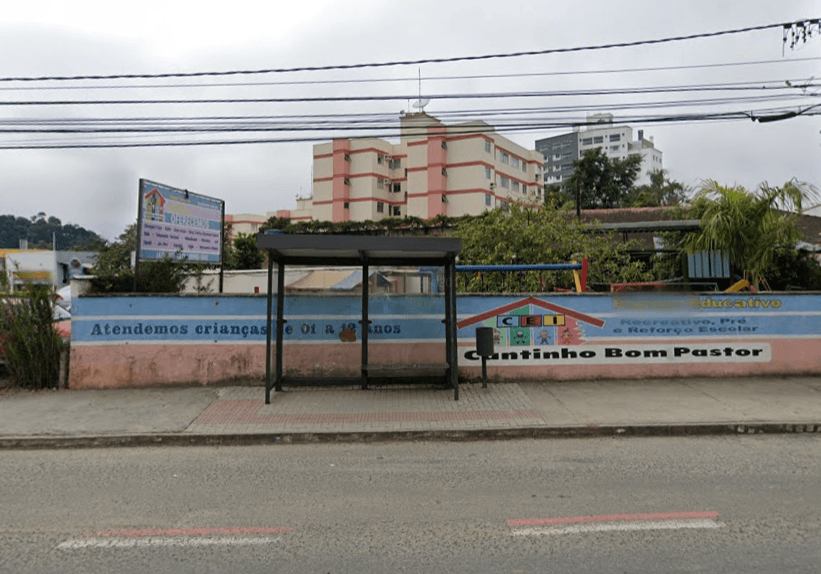São Paulo, Brazil – Brazil, the world’s largest chicken exporter, is grappling with its first confirmed outbreak of highly pathogenic avian influenza (H5N1) at a commercial poultry farm.
Commonly known as bird flu, the case was identified last Friday in the southern municipality of Montenegro, near Porto Alegre, Brazil’s Ministry of Agriculture and Livestock said.
The detection has jolted the country’s agribusiness sector and set off a swift response from local and national authorities seeking to contain the spread.
Roughly 17,000 birds died at the affected facility, according to local officials. Nearly all of the breeder hens kept at the site — whose exact location remains undisclosed — either succumbed to the disease or were culled as a preventive measure.
In response, the federal government declared a 60-day animal health emergency in Montenegro and activated a national contingency plan. Over the weekend, state authorities in Rio Grande do Sul established seven biosecurity checkpoints within a three- to ten-kilometer radius of the farm, including along major roads. These posts operate around the clock, disinfecting all passing vehicles and inspecting any animals in transit. Additionally, 540 nearby rural properties are being surveyed for signs of infection.
Despite Brazil’s rapid reaction, economic fallout was swift. A growing number of countries — including China, South Korea, South Africa, Mexico, Argentina, Chile, Uruguay and members of the European Union — have suspended imports of Brazilian poultry. The list is expected to expand in the coming days. China’s decision alone could cost Brazil an estimated $100 million per month, industry experts warn. In 2024, Brazil earned around $10 billion from chicken exports, accounting for 35% of the global poultry trade.
Brazil had previously detected the virus in May 2023, but only in wild birds along the coast of the state of Espírito Santo. At the time, its status as free from highly pathogenic avian influenza in commercial flocks remained intact. That is no longer the case.
Brazil must work to facilitate exports of poultry produced in other regions of the country while officials in Rio Grande do Sul work to contain the outbreak, suggested Leandro Gilio, a professor at Insper Agro Global, which analyzes Brazil’s role in global agribusiness.
“A countrywide ban is a more serious situation,” said Gilio. “Most countries that import chicken end up buying from places with localized outbreaks of avian flu and usually restrict specific regions or specific farms. Brazil now needs to demonstrate a certain level of control and show that the disease has not spread to other regions of the country.”

Consuming well-cooked chicken meat or contaminated eggs does not transmit bird flu to humans. In general, the virus is transmitted to people who have direct and intense contact with infected animals on farms or in aviaries. But according to Professor Gilio, avian flu is devastating for animals. It spreads easily among birds that live together and quickly causes death, severely impacting the production of both chicken meat and eggs, and causing alarm for health authorities around the world. Gilio also explained that the virus is highly resistant and easily transmitted by migratory birds that spread it across the globe.
“We are currently facing a global problem of avian flu. We are seeing it in many places around the world — in Asia, in Europe, in North America, especially in the United States, where there is a major crisis,” he said.
Despite the hasty economic losses and the initial shock, Gilio cautions that Brazil has strict protocols in place to deal with bird flu and considers the country’s response to the outbreak a strong one.
“Brazil has a strong focus on sanitary planning and control. Our regulations are robust and effective,” he said, adding that Brazil was one of few countries with no previous reports of avian flu in commercial production.
“The area was isolated, a 10-kilometer radius was analyzed for new cases or outbreaks, and authorities are truly following the standards set by the World Organisation for Animal Health,” Gilio added. “So Brazil is responding quickly and attempting to control the situation.”
Featured image: Embrapa poultry farm in the city of Naturovos (photo credit: João Dionísio Henn via Embrapa)










